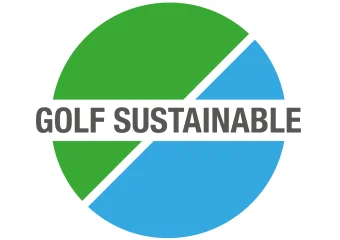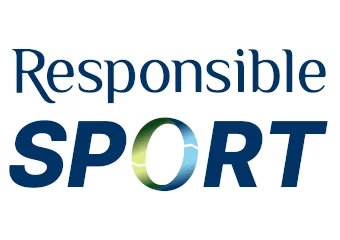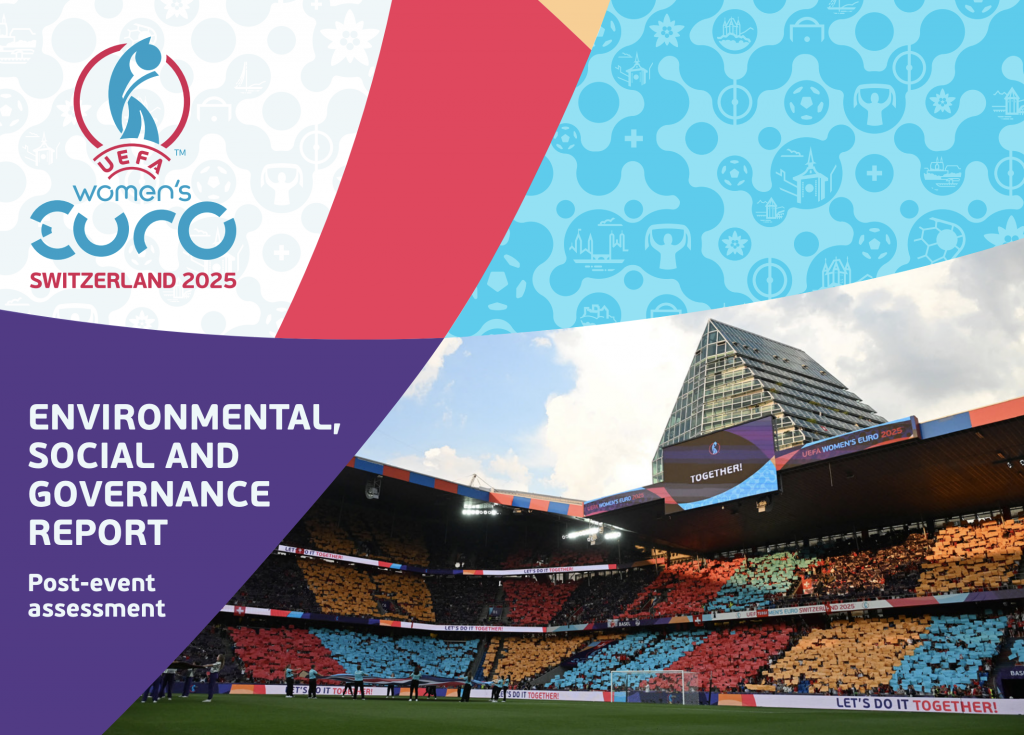To access our unique news archive of over 1,400 articles with insights on over 500+ sustainable sports organisations, join the GSS Network today.
Login here if you are a registered network subscriber.
News article
The Greenlash Gambit: Why the Backlash Against Climate Action is a ‘Historic Act of Self-Sabotage’
As global leaders gather in Brazil for the 30th UN climate conference, a dangerous counter-current is rising. Writing in Forbes, Claire Poole, CEO of Sport Positive, highlights how a powerful "greenlash" against net-zero policies is spreading globally. This backlash, she notes, has evolved into a formidable force in 2025, actively shaping corporate messaging, investor behaviour, and government policy.

The trend is “genuinely dangerous,” warns Nick Oldridge, co-founder of Climate Science Breakthrough, “because this isn’t a debate we can easily revisit in ten years”. With the US government notably absent from the formal negotiations in Brazil, this growing resistance threatens to derail progress at the most critical juncture.
"The trend is genuinely dangerous because this isn't a debate we can easily revisit in ten years".
The Anatomy of the Backlash
The recent surge in resistance to environmental, social, and governance (ESG) policies stems from a potent mix of political polarisation and economic anxiety. “Net-zero sceptic populist parties” have successfully denounced green policies “as a costly elitist plot against working people,” according to Pilita Clark of the Financial Times.
This narrative is amplified by politicians who claim that green transitions impose unfair financial burdens, such as higher energy bills or fuel costs. This political pressure is compounded by ongoing misinformation campaigns from the fossil fuel industry, practices the UN special rapporteur on human rights and climate change has argued should be criminalised.
The irony, as leading economists warn, is that scaling back environmental protections is what will ultimately raise long-term costs, locking in economic volatility and severe public health impacts.
"Net-zero sceptic populist parties have successfully denounced green policies as a costly elitist plot against working people,"
The Corporate Retreat and the Rise of ‘Greenhushing’
Faced with this hostile environment, Corporate America is retreating. Research from May 2025 shows 52% of executives are actively reworking their sustainability messaging. The term “ESG” itself is vanishing; just 6% of S&P 100 companies used it in report titles this year, a crash from 40% in 2023.
This retreat is not just political; it’s legislative. In the U.S. alone, at least 11 anti-ESG bills have passed this year, with over 100 more introduced. These laws target banks and asset managers that consider ESG factors, accusing them of bias. This culminated in a landmark court ruling where American Airlines was found to have breached its duty of loyalty by allowing ESG factors to influence its employee retirement plan.
In response, many corporations are swapping language. Website references to “climate change” are being expunged, replaced with vague euphemisms like “resilience” or “responsible business”. Allen Hershkowitz, an environmental science advisor, argues this is a critical error. Avoiding technically descriptive words, he says, “will be less effective in communicating about the life-threatening (and economy destroying) phenomenon we are trying to address”.
"Avoiding technically descriptive words will be less effective in communicating about the life-threatening (and economy destroying) phenomenon we are trying to address".
This has created a new, insidious phenomenon known as “greenhushing”. While many companies are quietly maintaining or even increasing their sustainability investments, they are “promoting them less due to the political climate”. Academics warn this could be as dangerous as greenwashing, as it “reduces transparency and accountability” and weakens the entire sustainability conversation.
The True Cost of Fear
The greenlash is ultimately “driven by fear. Fear of change and fear of costs”. But the bigger, more rational fear should be that of inaction. Every credible forecast shows the cost of failing to transition will dwarf the investment needed, compounding long-term economic pain.
"This backlash isn't just short-sighted, it's a historic act of self-sabotage. I would challenge anyone to read the latest Institute of Actuaries report, forecasting a 50% GDP loss from 2070, and then tell me we had better just go a bit slower".
As Nick Oldridge states, the true cost is existential. “This backlash isn’t just short-sighted, it’s a historic act of self-sabotage. I would challenge anyone to read the latest Institute of Actuaries report, forecasting a 50% GDP loss from 2070, and then tell me we had better just go a bit slower”.
Read moreClaire Poole, Forbes
Join the GSS Alliance Partners programme today
Stay ahead of the game with our FREE weekly newsletter, delivering the latest sport and sustainability news from around the globe straight to your inbox
Join the GSS Network programme today
Register for GSS Workshops today
Join the GSS Education programme today






















